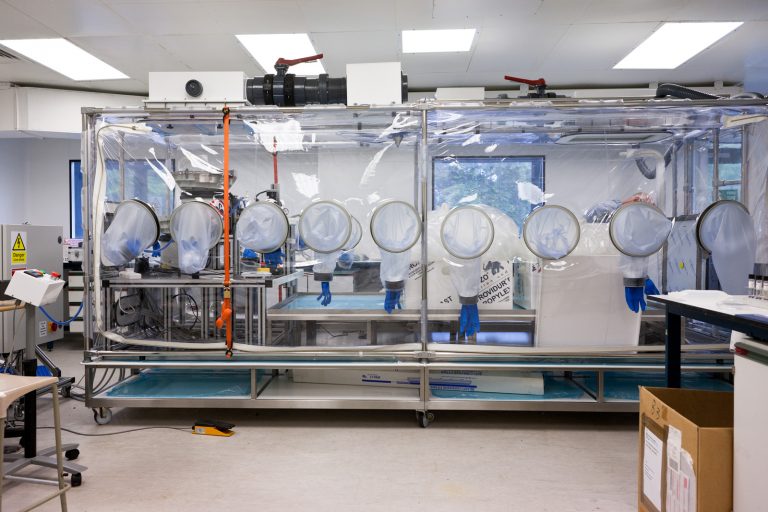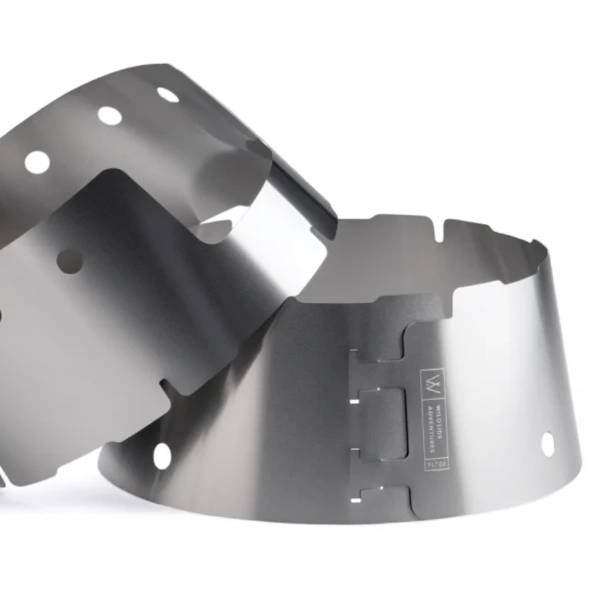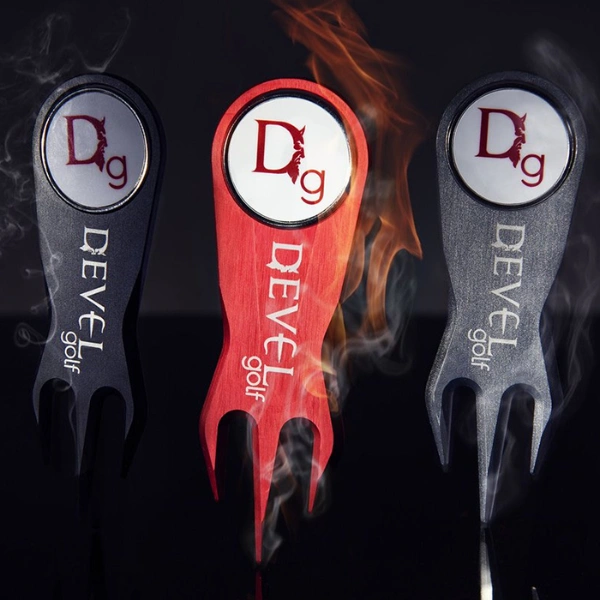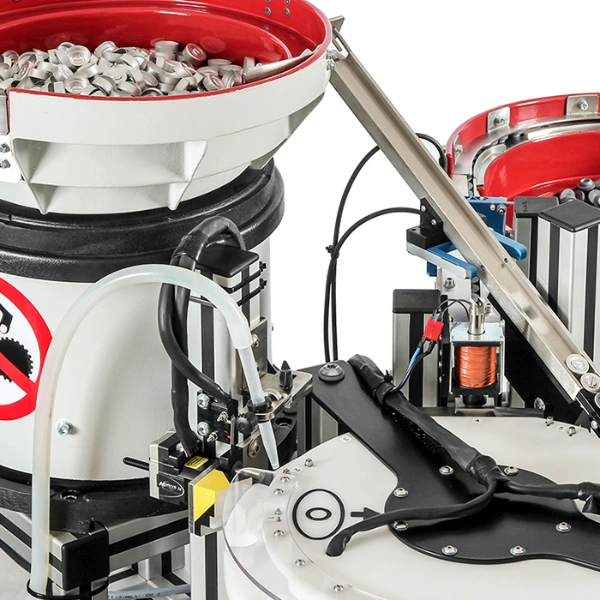
Moredun: Vaccine Bottling Machine
This project was awarded to 4c Design.
I worked on it during my employment with the company.
On this project, I was project lead.
The project brief was to produce a machine capable of filling a bottles with a vaccine for the medical industry. The entire machine had to operate within a sterile chamber. This was due to legislation and the requirements of processing of vaccines, The machine was required to complete multiple complex operations simultaneously with minimal human input. All while keeping output as high as possible.
Design Development...
When defining the brief, we identified several design limitations. Many were a result of the sterile nature that the machine would be operated within. We were equally limited by the knowledge that the machine would be shipped to Australia and installed in a room with limited access. A simplified flowchart of required events within the machine were identified as:
- Input/Output bottle from sterile chamber without interrupting workflow
- Insert bottle into carousel
- Fill bottle with vaccine
- Place rubber bung on bottle (rubber bungs need orientation)
- Place aluminium cap on bottle (aluminium caps need orientation)
- Crimp cap onto bottle
- Eject bottle from carousel into transit box
Our research identified off-the-shelf machines capable of completing some of these operations. However, due to the custom bottle shape we were unable to utilise them.
The team embarked upon a process of research, brainstorming and prototyping to identify solutions to each challenge. We found many solutions by studying large production bottling plants, like Coke-Cola. We then scaled down these solutions for our needs. The philosophy was always that good design trumps complex systems. For instance, we used a simple chute and pawl system to place the aluminium caps on the bottle. Rather than a more complex pick and place robot to do the same job. This proved a highly reliable and a far more cost-effective solution.
As the design began to take shape, we needed to develop a system of monitoring and controlling each operation. This required a multitude of sensors and electronics to be integrated. The machine went through many trials to prove its reliability and workflow.
The Result...
The machine was completed and shipped to Australia where it was commissioned by the 4c team. We are very proud of the machine’s reliability and productivity. It can produce over 1,000,000 doses in one day and operate 24/7 if required.











